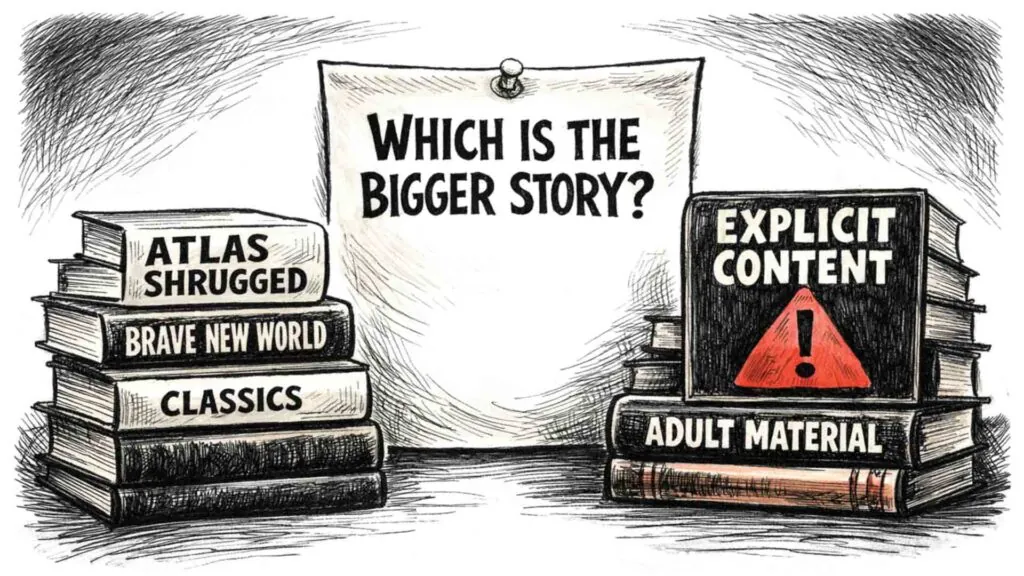Tariffs help producers only by hurting consumers (3 min)
Tariffs at best protect the domestic producer at the expense of domestic consumers by requiring them to pay more. Christians can ask, why should the government be showing partiality (Lev. 19:15, Matt. 7:12), picking the one over the other? And tariffs will hurt producers too, when they have to pay more for the goods they use to produce their own product.
How to get married
“If you are considering marriage at some point in the future, let me urge you to consider making your marriage about something bigger than just a great party with friends. ”
The inequity that anti-racist activists won’t talk about
In the US the black abortion rate is about 4 times that of the white abortion rate. How come we never hear antiracist activists talk about that? As John Stonestreet writes:
“One problem is that such a conversation requires frank talk about counterproductive attitudes toward marriage and solo parenting in low-income black communities. It requires discussing antisocial behavior and personal responsibility.”
According to statistics he shared, a single woman is twice as likely to abort as a married woman, and black women are much less likely to be married. So acknowledging the abortion disparity would highlight a topic the Left doesn’t want to discuss: the importance of husbands, fathers, and marriage.
Dining out on the Lord’s Day
If you’re against Sunday brunch after Church, your Christian friends might peg you as being rather legalistic, trying to earn God’s grace by being so overly righteous. But there’s another sort of legalism that seeks loopholes to get around the spirit of the law, even as it seems a person is still obeying the letter of it. As this article argues, it’s actually dining out on Sunday that’s legalistic, but of this second sort.
Ethics of “would you kill baby Hitler?” are more important than you probably think
This isn’t an explicitly Christian article, but the point sure is: that the end can never justify the means. Why? Because the ends aren’t in our control, but God’s (Prov. 16:9, 19:21; James 4:13-17). Whereas the means are the way we can show our love for Him.
It’s when we understand this and submit to it that exciting possibilities open up: in our hypothetical example, instead of murdering baby Hitler, we might hug, coach, mentor, and/or discipline him. So many lawful, rather than awful possibilities! For a real-world application consider how those who think they can murder in the name of mercy aren’t motivated to seek out better palliative or long-term care possibilities. It is when we rule out the option of choosing evil that we’ll start discovering these other better ways of alleviating suffering.
Closer to home, in our cultural battles, God’s people will often stay silent about Him to, in our minds, be more effective at seeking ends that are in accord with His will. Think of the abortion debate and how rarely God is ever mentioned. We’ll forgo the reason God created us – to glorify Him – to pursue these ends. But what if we ruled out means that rob Him of His rightful glory? What other options might open up to us then? Could it be that we’d discover the most God-glorifying argument against abortion – that we get our worth, not from what we can do, but from the One in Whose Image we are made – might also be the most effective one?
Aaron Rench: Start a Fire (3 min)
A little something to get the blood pumping…
Hitler picture credit: Bundesarchiv, Bild 183-H1216-0500-002 / CC-BY-SA 3.0, CC BY-SA 3.0 DE, via Wikimedia Commons












